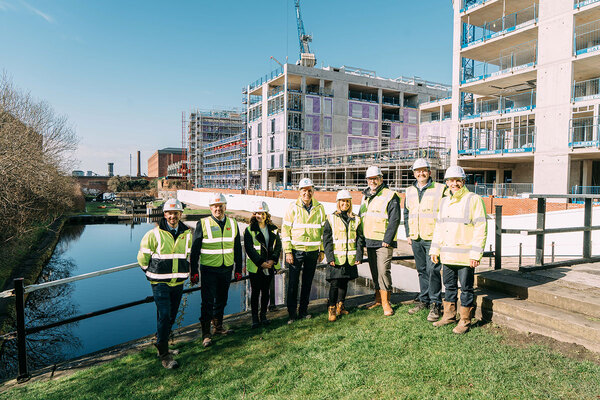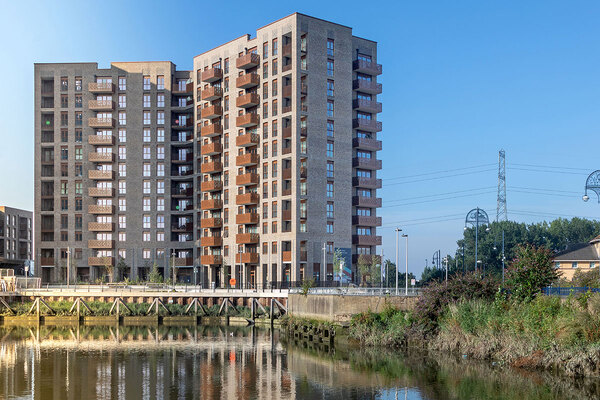You are viewing 1 of your 1 free articles
Rural councils back national housing targets but say figures are excessive, survey finds
The majority of county and unitary councils support national housing targets but believe the figures for their areas are excessive, according to a new survey by the County Councils Network (CCN).
The survey was taken in response to the Labour government’s proposals to introduce mandatory housing targets as part of an updated National Planning Policy Framework.
It found that seven in 10 councils backed targets, while nine in 10 said the figures for their areas are “excessive”.
The government is making several policy and legislative changes to support its aim to deliver 1.5 million homes this parliament. This includes mandatory housing targets for councils.
The CCN said county and unitary councils will see a 56% rise in the number of new homes required per year, more than 64,000 properties.
The group warned there is a “chronic lack of infrastructure to cope with a dramatic increase in housing”. It said the increase will put pressure on local roads, health services, schools and amenities.
The CCN called for ministers to introduce strategic planning before implementing any new housebuilding targets, “as this would allow councils to better plan for housing and infrastructure in their areas”.
Nine in 10 councils (90%) cited a lack of infrastructure as the main reason they could not support the new targets, and over half (55%) of respondents said they had a lack of suitable land for the proposed new housing numbers.
Over eight in 10 councils (85%) said the pressure on their infrastructure was ‘excessive’ and that pressures on their local roads, services and amenities are getting worse.
The same percentage said they are not confident that the planning system is equipped to deliver the infrastructure needed to support the proposed increase in homes.
Richard Clewer, housing and planning spokesperson at the CCN, said the survey is “clear” that “councils in rural and county areas are not anti-housing and the vast majority support the principle of nationally set targets”.
He added: “But these targets are excessive and we are looking at having to build an extra 65,000 homes a year, without any commitment to the essential road networks, school places and GP surgeries that will be required.
“We don’t have enough infrastructure to cope now, let alone after building quarter of a million extra homes over the course of this parliament.
“We also must remember much of this development in county areas will be in the places with limited or no public transport, compared to the benefits of building in or around cities where there is already good infrastructure.”
The CCN is calling on the government to scrap the requirement to maintain a five-year land supply where a council has an up-to-date local plan. This policy means councils have to show evidence each year that they have a supply of deliverable sites to provide a minimum of five years’ worth against their housing target.
The group said this could lead to developers building out their planning permissions slowly – or not in full – “ensuring that councils cannot meet their land supply targets”.
It said developers could use this to successfully get permission on other sites outside a council’s local plan.
Mr Clewer said: “We recognise the need to build, but these proposals could change the face of many areas in a small space of time, while failing to address the core reasons for housing unaffordability.”
In a similar response to previous concerns raised about the targets in rural areas, the Ministry of Housing, Communities and Local Government said “all areas of the country” must play their part in delivering homes.
A spokesperson for the department said: “We reject any claims that these targets are excessive.
“We are facing a serious housing crisis, so all areas of the country must play their part in building the homes that Britain badly needs.
“We will work in partnership with councils to create the vital infrastructure that people need in their communities, as we meet our commitment to deliver 1.5 million homes in the next five years.”
Sign up for our development and finance newsletter
Already have an account? Click here to manage your newsletters












